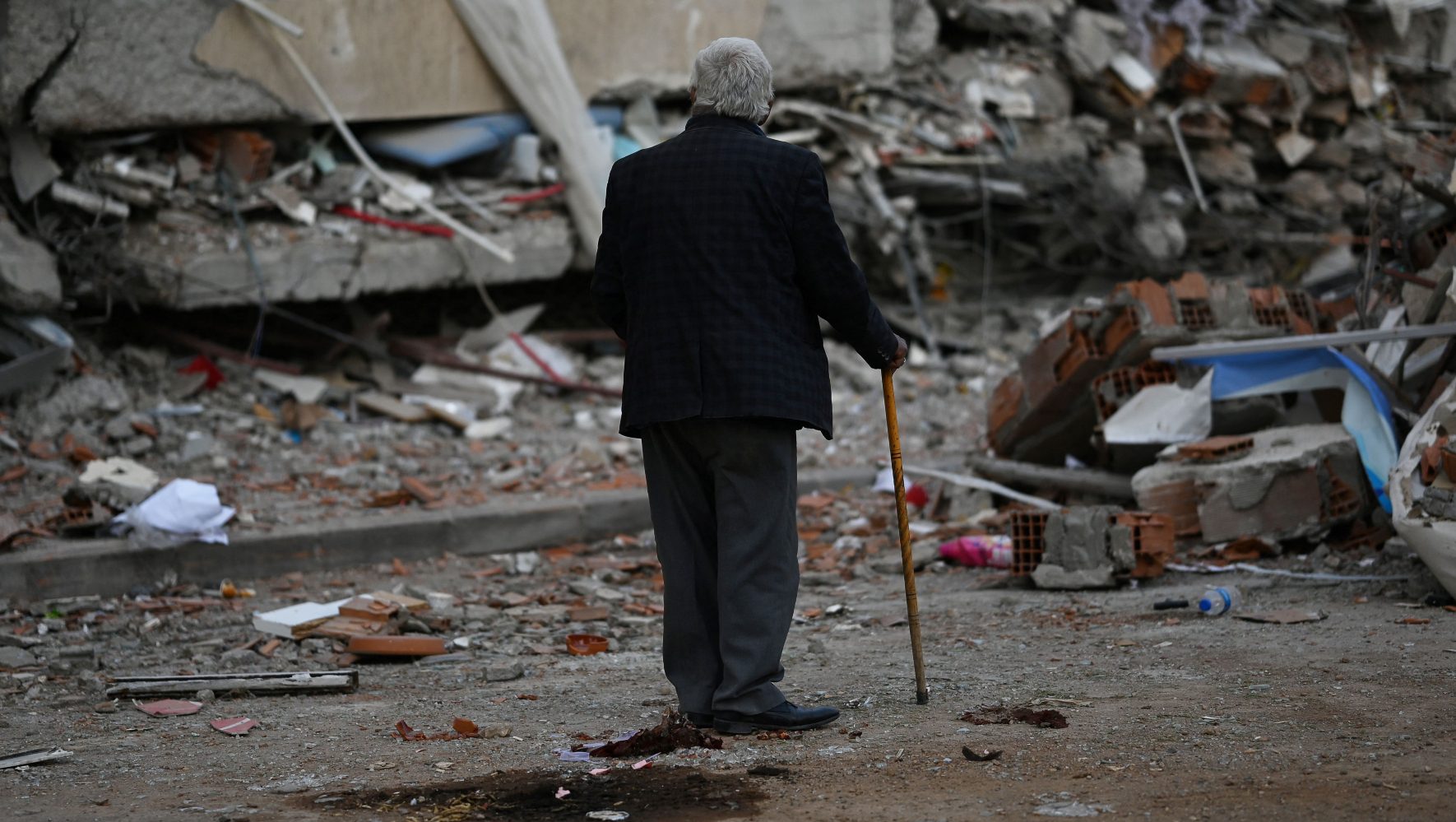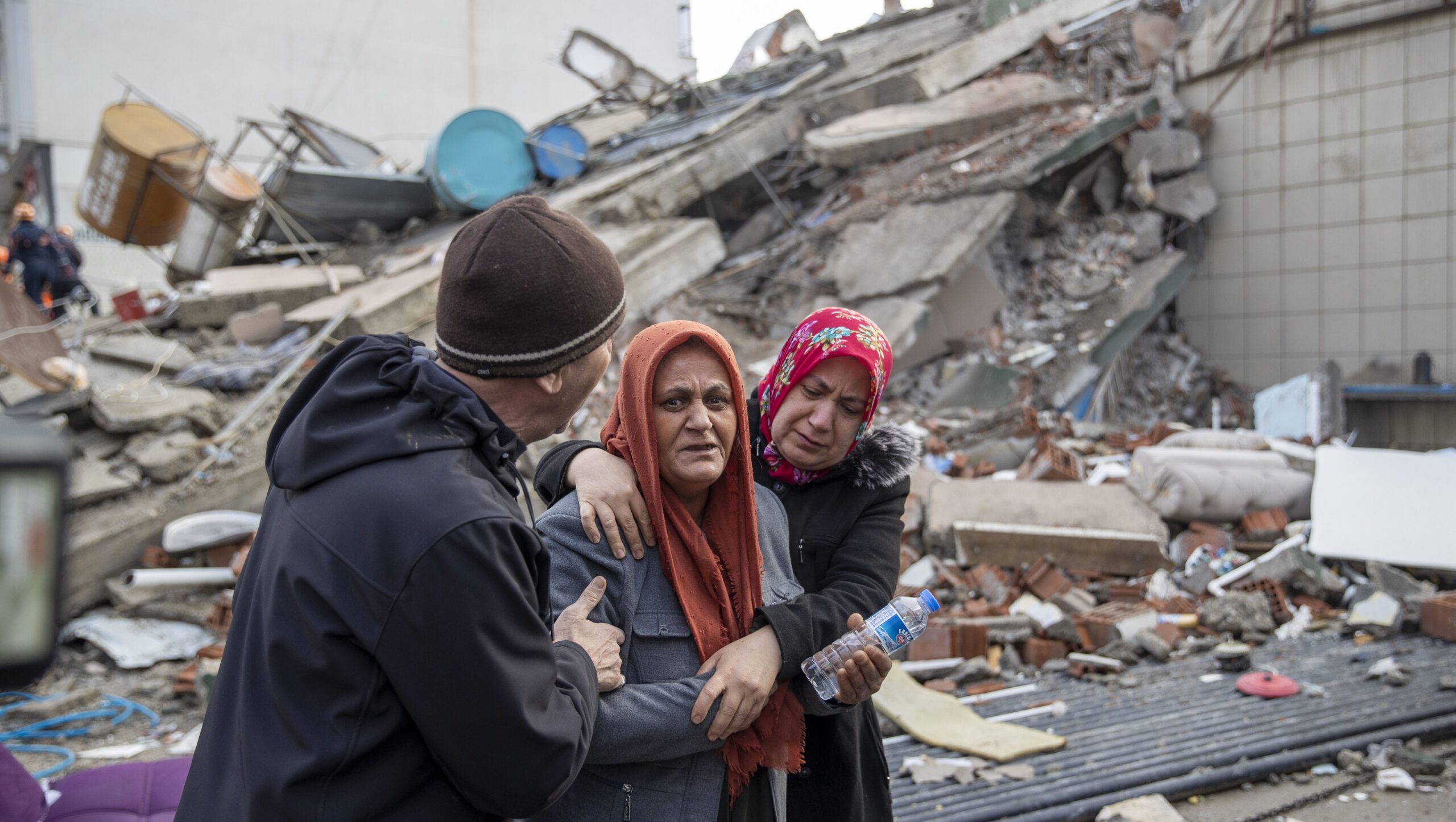Op-Ed: For Refugees, Crisis Never Far Away
Sep 02, 2015
On September 2, 2015, the Worcester Telegram & Gazette ran an op-ed by Magnolia Turbidy, director of durable solutions at HIAS, on the shortfalls in food aid for Syrian refugees who have fled to neighboring countries to escape increasing violence and persecution in Syria.
Describing her experience speaking with Syrian families in Jordan, she writes:
"Over and over again, I heard people describe violence, terror and death.
One man, a father of three, told me how his house had been raided multiple times by government security forces and how the army put his whole neighborhood under siege. The stores closed and it was impossible to get food for his family. Then the army bombed their neighborhood, killing his brother and several others. He told me that he was lucky to have survived himself; he ran out of his house to help the injured and was nearly caught by a second bomb. He fled with his wife and children to Jordan where he struggles to provide for his family because as a refugee he is not allowed to work, but at least their lives are not in danger and arbitrary arrest is not a daily fear.
...But Jordan, like its neighbors, is straining under the weight of this new crisis. The U.N. World Food Program has already been forced to cut the amount of food assistance it provides to Syrian refugees, roughly half of whom are children...Back in December, funding shortages forced the food program to suspend aid to Syrian refugees across the Middle East for more than a week. In March, 239,000 Syrian refugees in Jordan saw their food assistance reduced and 35,000 stopped getting assistance altogether. In July, food assistance for Syrian refugees in Lebanon and Jordan was cut in half due to lack of funds, leaving a refugee family in Lebanon to subsist on the equivalent of $13.50 per person per month. Yes, per month.
The situation may soon become even more dire. The World Food Program has warned that it may have to end all assistance to the more than 400,000 refugees in Jordan who currently live outside the camps. Those cuts were set to begin August 1, but a last minute contribution from the United States has allowed food assistance to continue for another month.
You can read the full article on their website.



